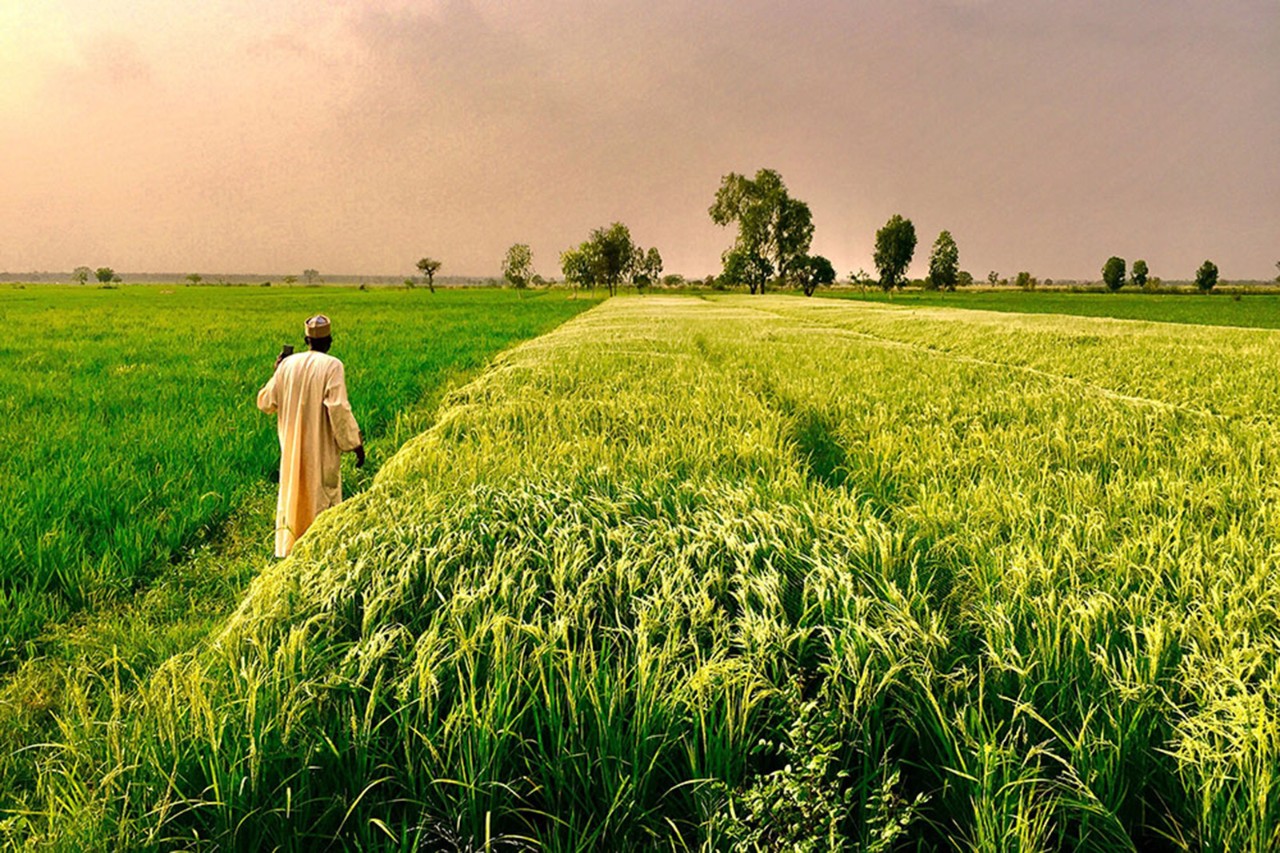
Our continent is blessed with an abundance of natural resources, agricultural and mineral – copper, gold, diamond, cobalt, iron, silver, uranium, crude oil, wood, cocoa, sugar, tropical fruits and many others.
Through their exploitation and exportation, they earn producing countries significant amounts of foreign exchange. These resource exports make up most of government revenues in these countries, which have become dependent on them as a result.
For instance, diamond exports account for 25% of Botswana’s GDP, 85% of its export earnings and a third of government revenues. In Ghana and Ivory Coast, cocoa makes up about 30% and 40% of export earnings respectively, while in Angola crude oil represents about 50% of GDP and 90% of exports. South Africa’s mining industry is responsible for about 10% of GDP. Crude oil accounts for 9% of Nigeria’s GDP and 80% of exports, and on and on it goes.
Add value
A continent so heavily dependent on its natural resources would do well to maximise earnings from them. Sadly, Africa doesn’t. Adding value before selling natural resources increases earnings from them exponentially. For instance, one kilogram of raw cocoa beans sells for about US$2.9 whereas one kilogram of chocolate goes for about US$60 – and even higher for premium brands. One kilogram of cotton sells for about US$1.9 and can make about four metres of cotton cloth, which goes for about US$32. The story is the same for timber, solid minerals and most other natural resources exported by Africa.

Retail-ready must become Africa’s premier export model
African countries export the raw materials and then import the finished goods. A remarkable example of this is Nigeria, which imports petrol, kerosene, diesel and other derivatives of the refining of crude; it also exports cocoa and imports chocolate. Same goes for Ivory Coast. We are beginning to see a few Ghanaian chocolate brands but African shops are still full of international chocolate ones.
Life after resources
The thing about mineral resources is that they get depleted. Countries that depend on them must therefore plan for a future without earnings from exporting these resources. They must develop infrastructure and industries that will enable them cope with life after resources.
Also, the prices for gold, diamonds, crude oil, cocoa, timber and the other natural resources Africa exports are determined in international markets. This means that African producers are price takers and cannot control prices. It then becomes more important to add value before export, as that enables the producer have more say in the price. This will help get the most value possible from them.
As a bonus, greater value addition would help Africa reduce its rates of unemployment, as more people would be employed in the value-adding industries.
So how can this be achieved? The answer is by more fiscal discipline. African governments must commit to investing a proportion of export earnings in value addition, building critical infrastructure, training people and incentivising producers to go further along the value chain before exporting. They can also discourage exports of non-value-added natural resources by increasing taxes on them.
Making the most of Africa’s natural bounty demands more than just harvesting it or digging it out of the ground. Turning raw resources into finished products is where the big profits are made. Retail-ready must become Africa’s premier export model.



